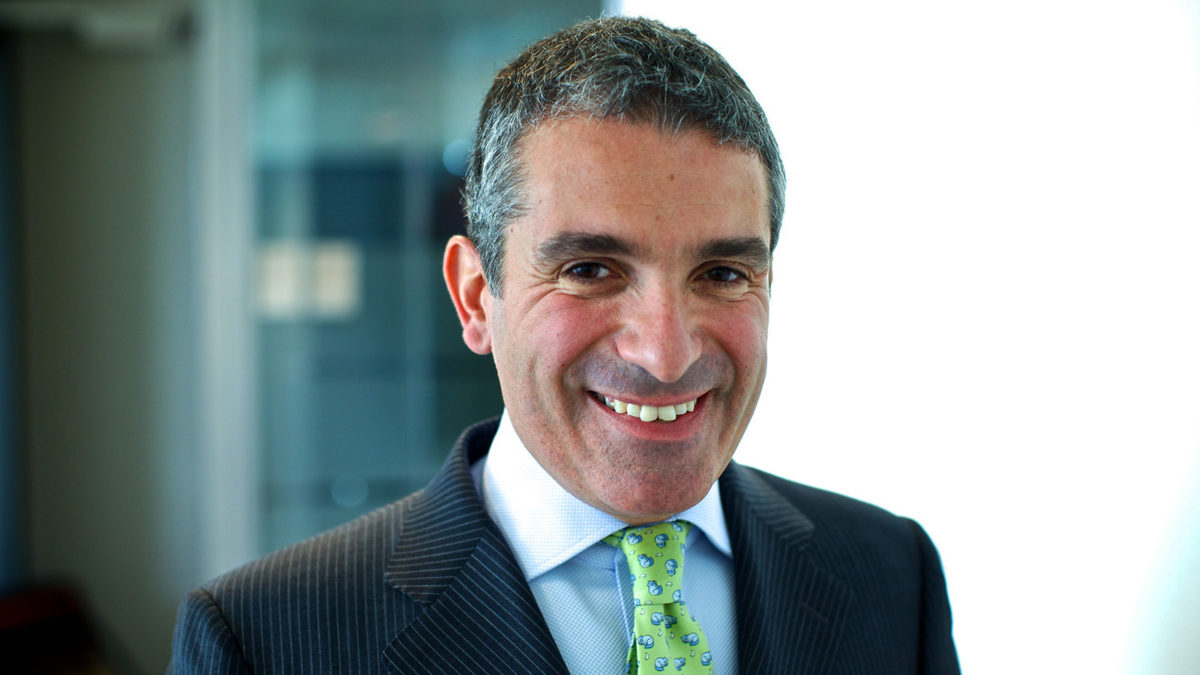Citi flexes post-RBC muscles in a time of ‘chunky winners and losers’
“If you’re not able to keep up, you slide into irrelevance,” says Okan Pekin, global head of securities services for Citi. “It’s very hard in our industry these days to stay a mid-tier player. You either have to be a top-tier player or you risk losing relevance and significance with your clients.”
Locally, that drive towards scale has seen Citi acquire Royal Bank of Canada’s (RBC) local custody clients in a transfer that catapulted it to the number two spot on the Australian Custodial Services Association tables, just behind J.P. Morgan, and which has given it scale to compete for “the largest mandates in the market.” But in the post-YFYS world of rapid merger activity, Martin Carpenter – the retiring head of Citi Securities Services in Australia and New Zealand – concedes that there are “going to be some pretty chunky winners and losers.”
“We’re very focused on just bedding down that transaction, making sure that our existing pre-RBC clients and the RBC book are extremely happy with the Citi experience, not just the implementation,” Carpenter says.
“That hasn’t prevented the sales team from getting out into the marketplace and articulating what Citi looks like now – what’s changed with RBC, what the added scale means, what the added product capability is. Without any exaggeration, we’ve been delighted with the reception we’ve been getting. We do feel confident that we’ll maintain and grow our position.”
While custodial relationships have often been dictated by the incumbent custodian used by the larger, absorbing fund, Carpenter – and other custodians – believe massive size will cause funds to rethink the relationship. Some custodians believe funds will entertain multiple relationships, though a dual-provider model will likely create more administrative complexity for asset owners in the midst of trying to make everything they do bigger and simpler. It’s going to be a “time of enormous disruption.”
“Their appetite for different types of services from a custodian, and indeed a broader bank, has become very different,” Carpenter says “The way we see the opportunity to engage with them is changing quite dramatically. And their interest in not only the securities services offering but really what the broader bank can do to support them.
“That’s something we see as a differentiator for Citi, and which we’ve worked hard at for a number of years – globally, but also quite proudly in Australia, we’ve developed a really strong partnership with our markets business and we’re starting to see that deliver dividends.”
The RBC deal ordinarily would have sent “cold shivers” down Pekin’s spine, and was accompanied by a “deep-seated fear that we were going to mess it up”. It was an acquisition closed from home, during years-long pandemic lockdowns; teams hadn’t met each other, and were still adjusting to new working conditions. In the external conditions presented, Pekin likely wouldn’t have chosen to go through with it – but it was a “flawless experience.”
“Hopefully we’ve proven to the market that we can do something in reasonably difficult conditions,” Pekin said.
The fund manager clients that came with the RBC transfer are also experiencing a period of exceptional upheaval, trying to build their own scale inorganically while retail becomes a bigger part of their business as mandates are either in-housed or become harder to win and manage for the massive scale required.
“For the fund management landscape, the challenge for our clients is also how to build scale via technology and client acquisition,” Pekin says. “Ultimately, the pressure points of the industry for the buy side and the sell side are mirror images of each other.”
Room to GROW
Like it or not, “innovation tends to happen faster outside large banks”, Pekin says – something that Citi needs to be realistic about, and which has pushed it and its competitors to engage in global start-up funding. Citi has invested in four rounds of funding for local super start up GROW since its launch in 2017, and is now working with the business “very actively” on a number of client solutions.
GROW began life as one of a slew of millennial-focused superannuation funds before building out its fund administration business, winning mandates from Mercy Super and the yet-to-be-launched Vanguard Super in 2021. It shuttered its super offering in May this year. The business is now looking to “aggressively compete” in the member administration space, and Pekin believes that model will be “more powerful in the long run.”
“They realised the true value of the company was the technology they built to do member administration, and it’s evolved from there in a pretty rapid way,” Carpenter said. “They’re starting to get some significant momentum in the market… If we can better connect the wholesale-level custody data information to the member administrator for the benefit of members, that’s the vision of where we’d see this going.”
Citi also invested in Proxymity, which was started by two of its own employees in 2017 and was spun-off into its own entity in May 2020. The company aims to fix the “shockingly inefficient” system of proxy voting that creates a physical mountain of paper around the world through an instant digital voting platform. Proxymity is now in 22 markets around the world, and 600 local issuers have signed up to its platform.
“That’s one of the proudest things we’ve done,” Pekin said. “They’ve revolutionised an incredibly archaic paper-based system of proxy voting. It gives investors data and with that power over their choices on corporate voting. They’re now an independently funded company, and some of our toughest competitors have come to the funding table. I’m super proud.”











